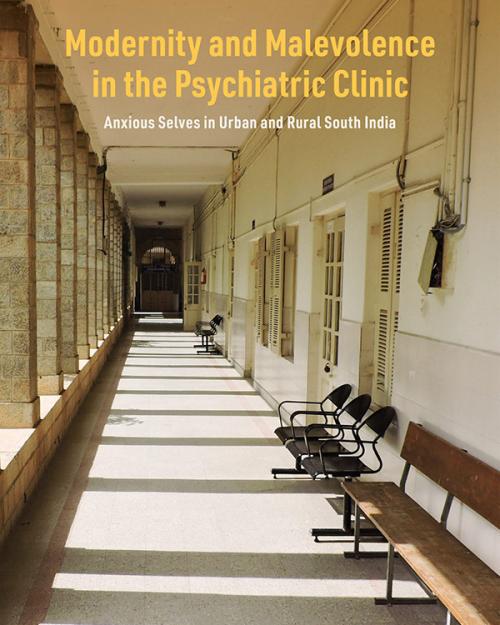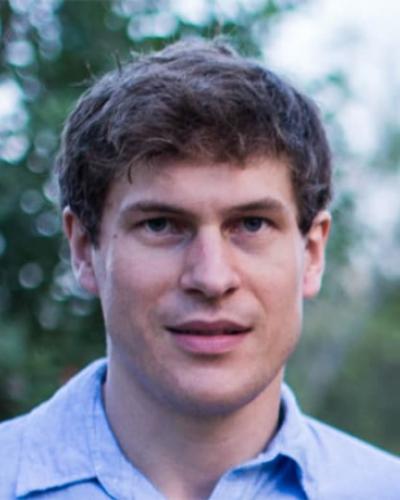Bureaucracy is a ubiquitous aspect of contemporary scientific practice.
In United Kingdom universities, for example, the state is generating ever more rigorous systems of audit through which researchers must demonstrate the quantifiable “impact” of their research “beyond academia."
China is no exception to this trend with global funding and research organizations demanding that the scientists they fund and collaborate with provide quantitative evidence that their research has positive impacts on local landscapes and communities. What makes China a particularly interesting site for investigating the increasingly domineering role of funding institutions and the accompanying bureaucratization of scientific practice, however, is how this bureaucratization emerges alongside the existing demands of an authoritarian state bureaucracy.
Based on two years participant observation at an agricultural and environmental research organization in southwest China – the Institute for Farms and Forests (IFF) – I investigate how scientists navigate diverse bureaucratic demands emanating from international and domestic regimes of audit and governance.
A key focus of my research is how bureaucracy structures time. As, for example, when research funding is tied to a predetermined schedule of activities, outputs and impacts which must be satisfied by specified dates. Structuring time is equally central to novel methods for research planning that change the future horizons towards which scientists work.
In some cases, this means shifting attention from the goal of answering a research question to a goal of changing the behavior of a specific group of farmers, policy-makers, or NGOs. Here planning bureaucracies are designed to create new forms of momentum not only towards knowledge generation but towards social and ecological change. As much as these bureaucracies are designed to generate momentum, however, the scientists I conducted my research with more often experienced bureaucracy as a series of unwelcome interruptions – as headaches that must be overcome so that worthwhile work can resume. Exploring the various ways in which bureaucracy and science structure time, my research asks new questions of scientists’ responses to bureaucracy and proposes new directions for scientific practice in an age of bureaucratization.
Prior to joining the Department of at Cornell, Tim studied law and Chinese at the School of Oriental and African Studies, and law and anthropology at the London School of Economics. Tim will defend his dissertation in May 2018, before joining the Center for Chinese Studies at the University of California, Berkeley as a postdoctoral fellow in August.





